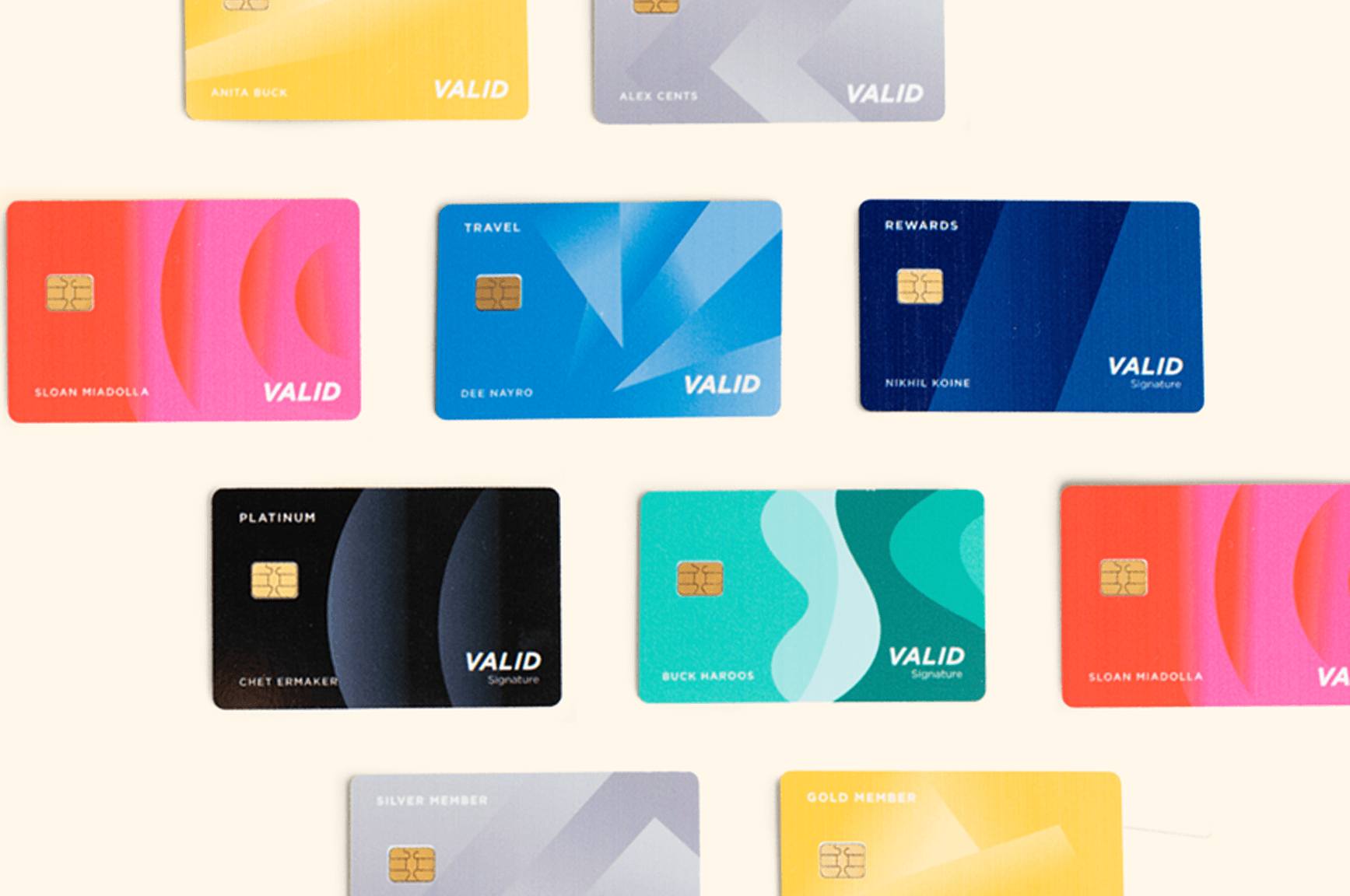NerdWallet’s Guide to Your First Credit Card
Get started with credit cards by understanding how they work, how you qualify and how to use them wisely.

Many or all of the products on this page are from partners who compensate us when you click to or take an action on their website, but this does not influence our evaluations or ratings. Our opinions are our own.
Credit cards aren't difficult to understand — but they can certainly seem so if you've never had one before. Our guide to your first credit card will help you get started. We'll explain the basics of credit cards, including how you qualify and help you determine whether you're ready for the responsibility of a credit card. We'll show you how to sort through your options and give you tips on using your first credit card wisely to build a strong credit history.
Step 1: Understanding the basics
A solid understanding of how credit cards work will save you time, money and aggravation. Start by knowing which options make sense as a first credit card (and which don't). Learn how to avoid unnecessary fees, interest and penalties. And see how your credit score can benefit (or suffer) from the actions you take with your first credit card.
Step 2: Understanding yourself
Your first credit card will give you the ability to buy things without having to immediately pay for them. That gives you convenience and flexibility. But if you're not careful, your debt can quickly get out of hand. Take a look at yourself — your habits, your maturity level, your attitudes about money — and evaluate whether you're ready for your first credit card.
» READ MORE: Am I ready for my first credit card?
Step 3: Qualifying for a card
What does it take to get approved for your first credit card? People commonly focus on credit scores, but there's more to it than that — and there are options available to people without a credit history. Also important is your income: You need money to pay your bill, after all.
» READ MORE: How to qualify for your first credit card
Step 4: Choosing the right card for you
Don't expect your first credit card to come stocked with rich rewards, lavish perks or a generous no-interest period. Those kinds of goodies are available only to people who have already built good to excellent credit. Your first credit card will probably be more modest — a card to help you walk before you run. Options include secured cards, store cards, student cards and alternative cards, as well as finding a co-signer or becoming an authorized user on someone else's account.
» READ MORE: 7 options for your first credit card
Step 5: Using your card wisely
So you have your first credit card. What should you do with it? Use it! That doesn't mean maxing it out on a spending spree. It means putting reasonable charges on it, then paying them off on time. Month by month, steady as you go — that's how you build a strong credit history and move up to better cards.
» READ MORE: How to use your first credit card
Ready for a new credit card?
Create a NerdWallet account for insight on your credit score and personalized recommendations for the right card for you.

Article sources
NerdWallet writers are subject matter authorities who use primary,
trustworthy sources to inform their work, including peer-reviewed
studies, government websites, academic research and interviews with
industry experts. All content is fact-checked for accuracy, timeliness
and relevance. You can learn more about NerdWallet's high
standards for journalism by reading our
editorial guidelines.
Find the right credit card for you.
Whether you want to pay less interest or earn more rewards, the right card's out there. Just answer a few questions and we'll narrow the search for you.







